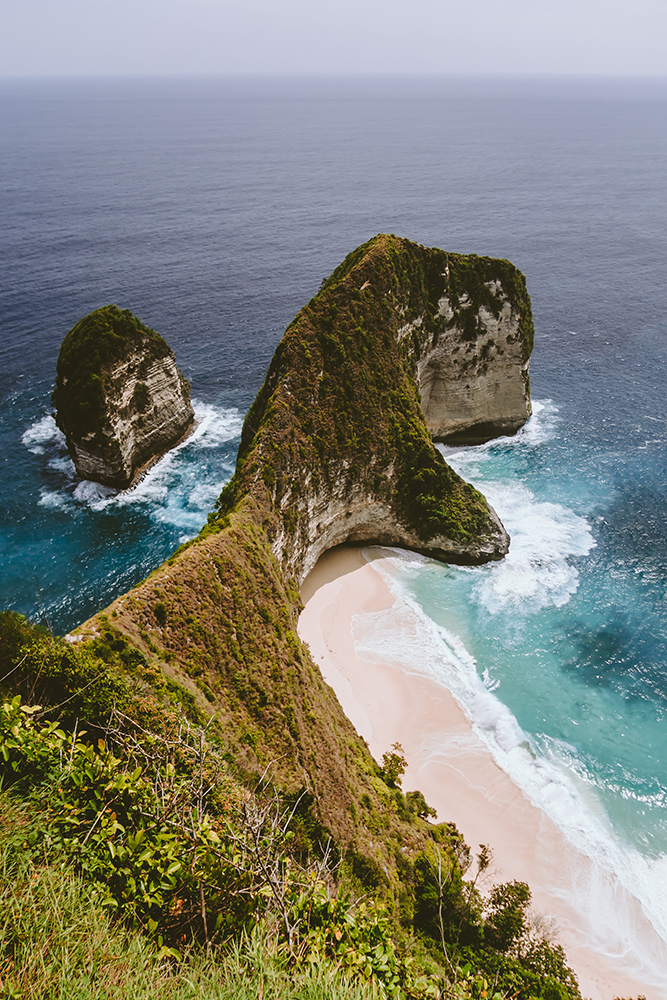Inventory sale proceeds alleged to have been used as general funds even though they were part of bank deals
Hin Leong Trading, the Singapore oil trader that has filed for bankruptcy protection, suffered $800m of losses that were not reflected in its financial statements on the instruction of its founder Lim Oon Kuin.
In a filing to Singapore’s High Court, Mr Lim said he had directed the company’s finance department not to disclose the losses, which were sustained in futures markets.
“The payments made by HLT to satisfy margin calls made in respect of such losses were reflected as ‘accounts receivables’ and remained recorded as such after the losses were realised,” Mr Lim said in a signed affidavit seen by the Financial Times.
He also revealed that he had sold a “substantial part” of the company’s oil inventories and used the cash as general funds even though it was the subject of inventory financing agreements with banks.
“As a result, there is a large shortfall of inventory as compared to the quantum of inventory which has been secured in favour of the bank lenders who had provided inventory financing,” said the affidavit.
In a separate filing, Mr Lim’s son Evan, who runs the family’s shipping business Ocean Tankers and is also a director of Hin Leong, said he was not “personally aware of how and why these losses were not reflected, as I was not involved in the finance function which was supervised by my father”.
Mr Lim and his son did not immediately respond to requests for comments. There was also no response to emails sent to Hin Leong and Ocean Tankers.
Rajah & Tann, one of Hin Leong’s legal advisers, said it was unable to comment as the matter is before the courts in Singapore.
Until now it had not been clear what caused Hin Leong’s financing issues. While the spectacular collapse in oil prices and plummeting fuel demand caused by coronavirus played a part, the court filings show the company’s troubles ran much deeper.
The affidavits show Hin Leong had total liabilities of $4.05bn, against assets valued at just $714m, at the end of January, while its inventory was worth $141m on April 9 compared with $1.277bn in its accounts for the year to October 31.
The plight of Hin Leong has sent shockwaves through the commodity trading industry. The privately owned company is one of the largest suppliers of bunker, or ship fuel, in Asia and an active participant in the market-on-close system, which is used by traders to set oil prices in the region.
It filed for bankruptcy protection on Friday night after failing to reach an agreement with its lenders on a debt moratorium.
The company has debts of $3.85bn. HSBC has the biggest exposure at $600m, followed by ABN Amro at $300m, while Société Générale has lent the company $240m. Singaporean banks — DBS Group, OCBC Bank and United Overseas Bank — have exposure of $680m.
Hin Leong, which means “prosperity” in Chinese, was founded in 1963 and has grown into one of the biggest suppliers of marine fuel in Asia. According to the company’s 2019 accounts, which were signed off last month by Deloitte, Hin Leong made a net profit of $78.1m on revenue of $20.3bn.
OK Lim, as the company’s founder is better known in Singapore, started the business with a single truck supplying diesel to local fishermen. His net worth was recently put at $1.5bn by Forbes. He was born in Fujian province, China.
Mr Lim’s business empire includes Ocean Tankers, which claims to own more than 100 ships including 14 oil supertankers, and Universal Terminal, an oil storage joint venture with PetroChina.
Ocean Tankers, which counts Hin Leong as a client, has also filed for bankruptcy protection.
The court filings showed Hin Leong had been approached by several companies in the oil industry interested in taking a strategic stake in the company and Ocean Tankers.
“In fact, one of the world’s largest oil refining, gas and petrochemicals conglomerates headquartered in China has expressed interest in an investment into HLT and Ocean Tankers, and are currently at the stage of preliminary negotiations following,” the document said. The FT reported last week that the Chinese company was Sinopec.

